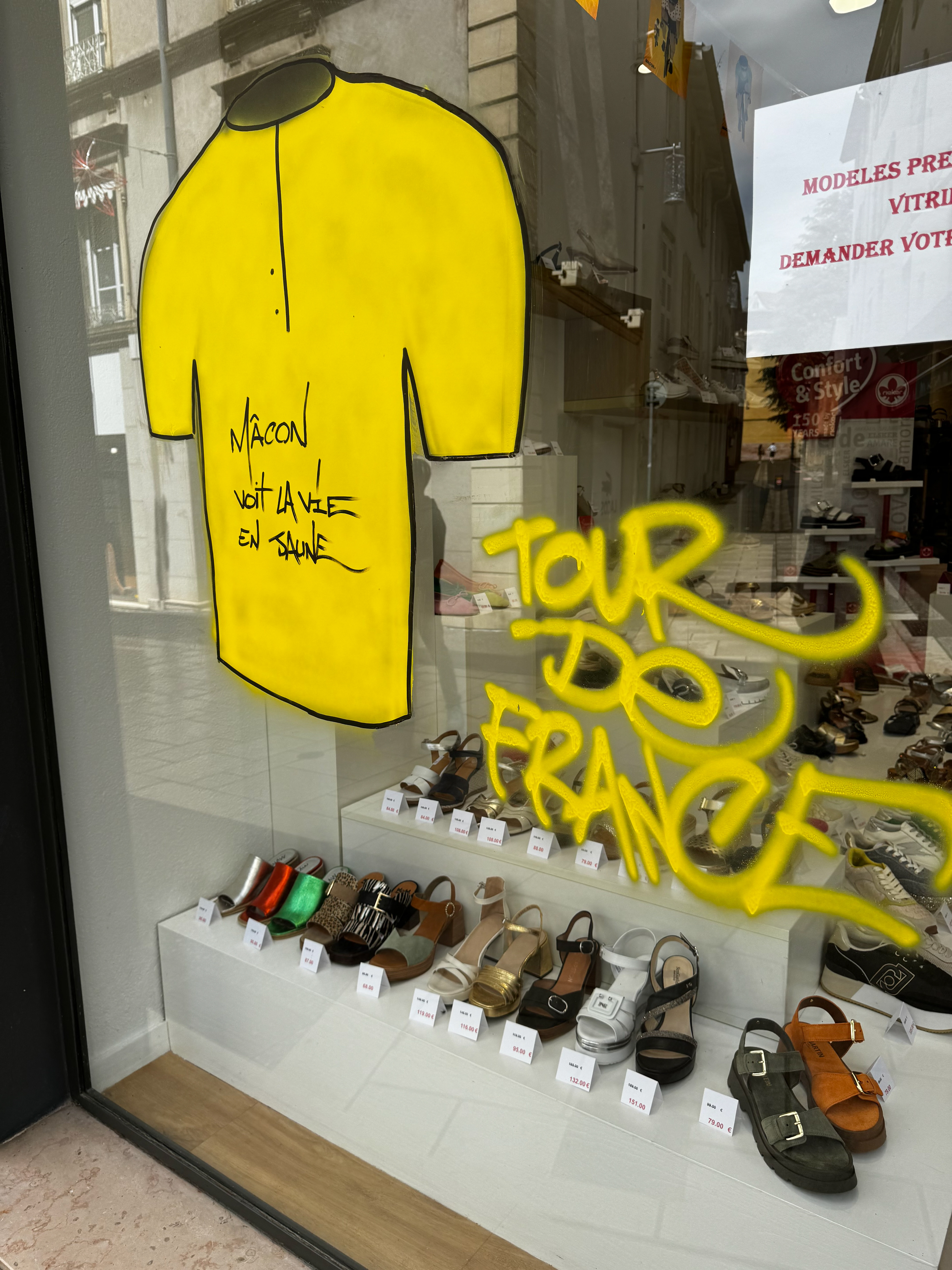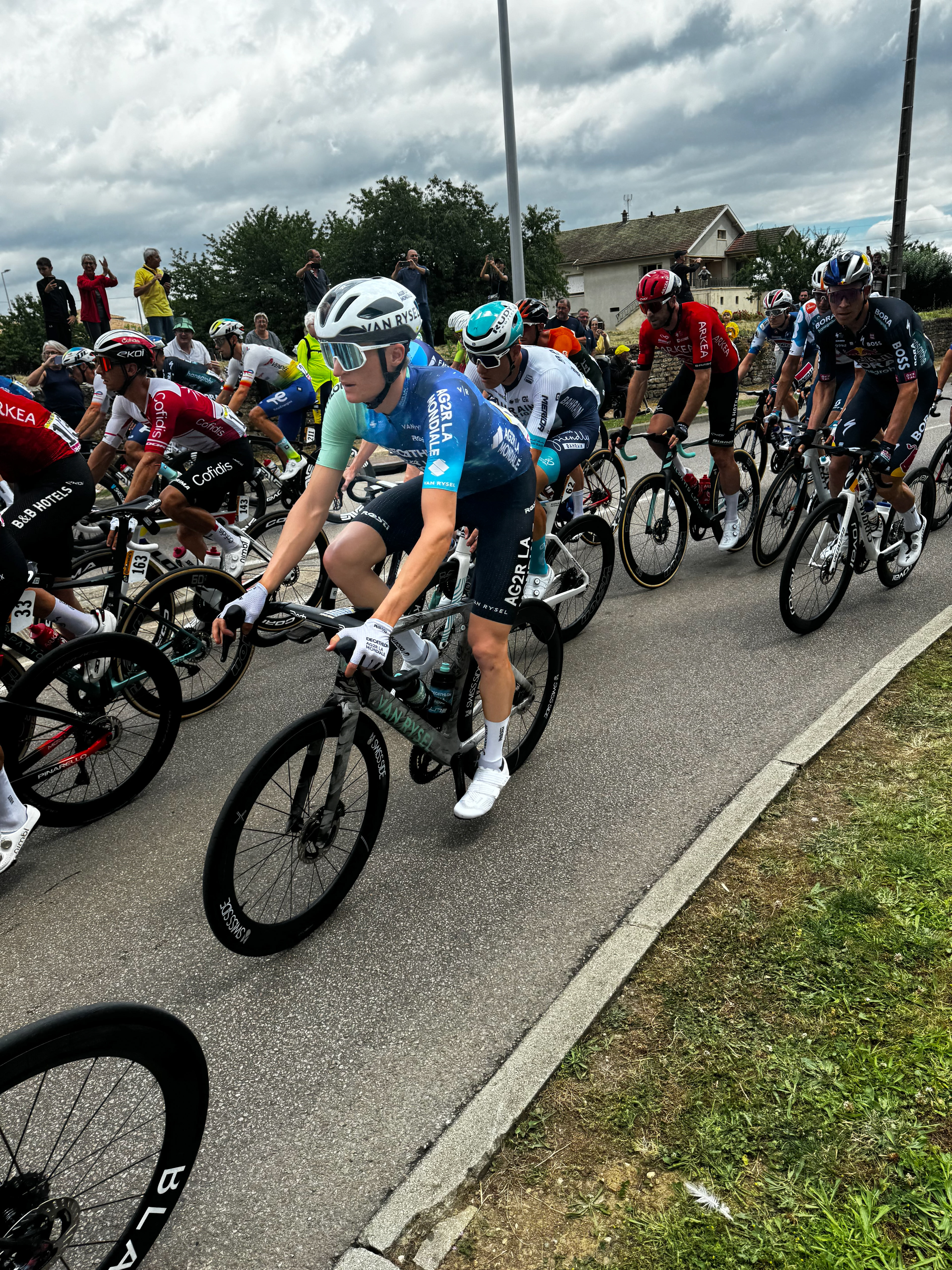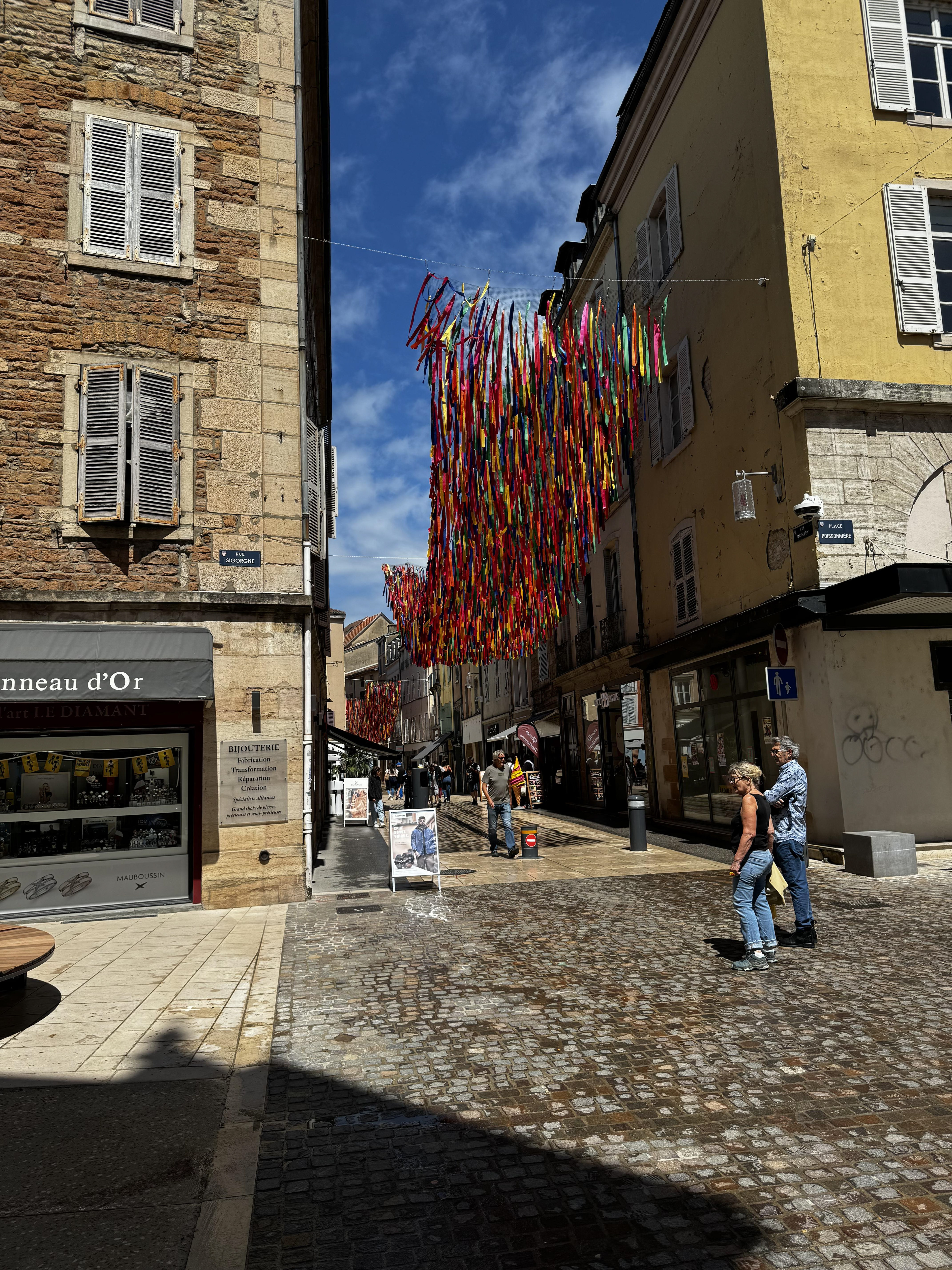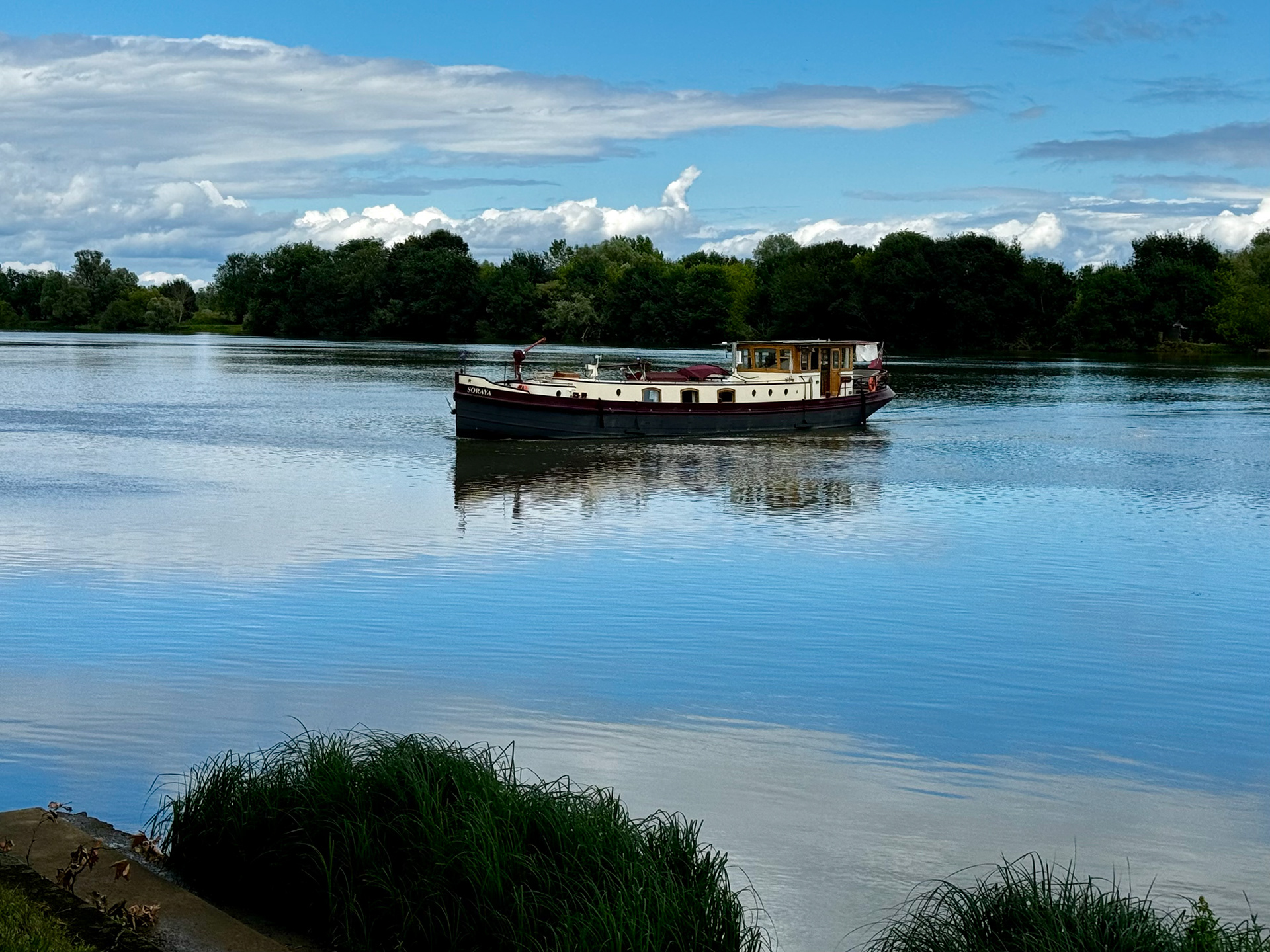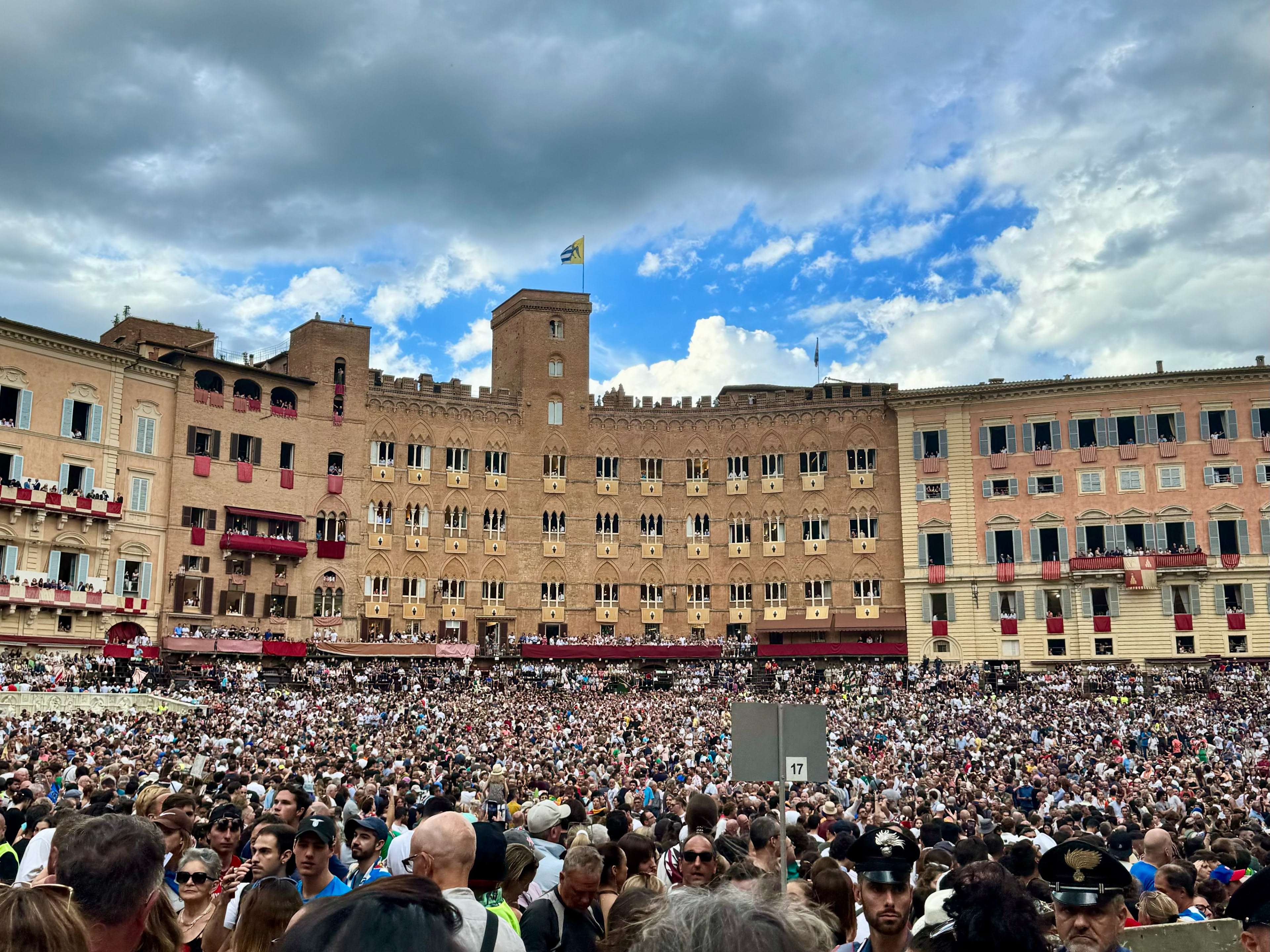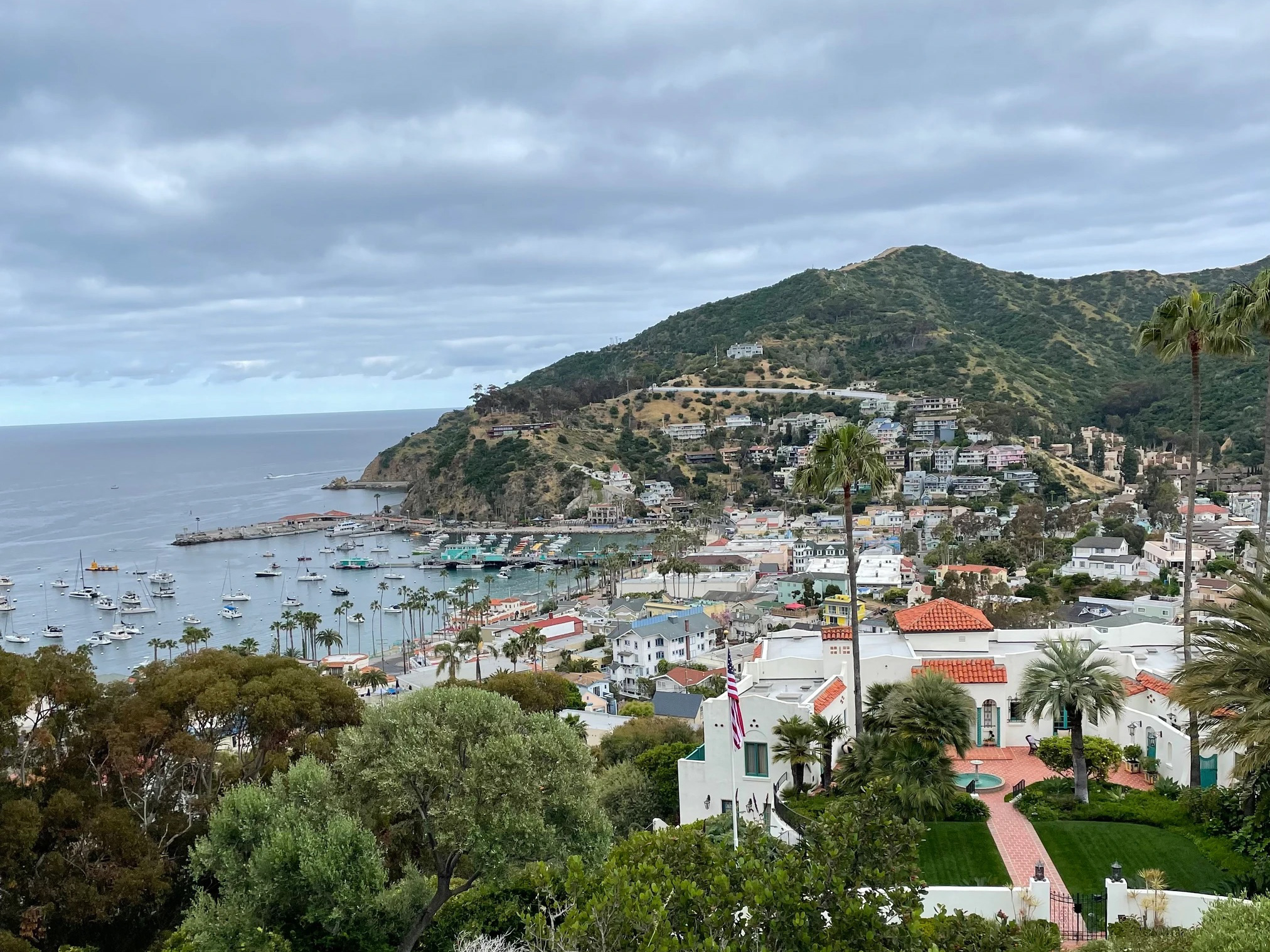The Tour de France was established in 1903 and has become a celebrated event in history, uniting the French people and the entire country. This race spans 21 stages from Italy to France. This iconic race not only showcases elite sportsmanship but also boosts sports travel and local economies in each of the cities.
When I visited Stage 6 from Macon to Dijon, I witnessed the entire town of Macon come alive with joy and excitement as residents cheered on the cyclists. This small town was completely transformed for the race, reminding everyone of the immense cultural and economic importance of such a grand event. Host cities eagerly bid and invest in hosting the start or finish of the stages. With sports tourism, the influx of visitors to hotels, restaurants, and shops proves that the investment is well worthwhile.
The Tour de France generates between $60 million and $150 million annually. It features both the men's Tour de France and the women's Tour de France Femmes. For the men's race, the winner of the yellow jersey takes home €500,000, while the runner-up earns €200,000, and the third-place finisher gets €100,000. In contrast, the Tour de France Femmes champion earns €50,000, with stage winners receiving €4,000. The total prize pot for the women's race is €250,000, compared to €2.3 million for the men's race.
This disparity in prize money can be attributed to the Tour de France Femmes being relatively new, having its first race in 2022. As the women's race gains more viewership, sponsorship, and town hosts, the prize money is likely to increase. Currently, 50-55% of revenue comes from TV rights, 40% from sponsorships, and about 5% from town hosting fees. With increasing awareness and support for the race could possibly enhance these revenue streams, and ultimately boosting the prize money.
The Tour de France's economic impact is profound being a leading event in the sports industry, influencing not just sports travel but also the cultural fabric of host cities. With over a century of history, the men's race sets a high standard, but the Tour de France Femmes, with focused efforts and growing attention, is poised to catch up and thrive, enhancing the world of sports and culture.
